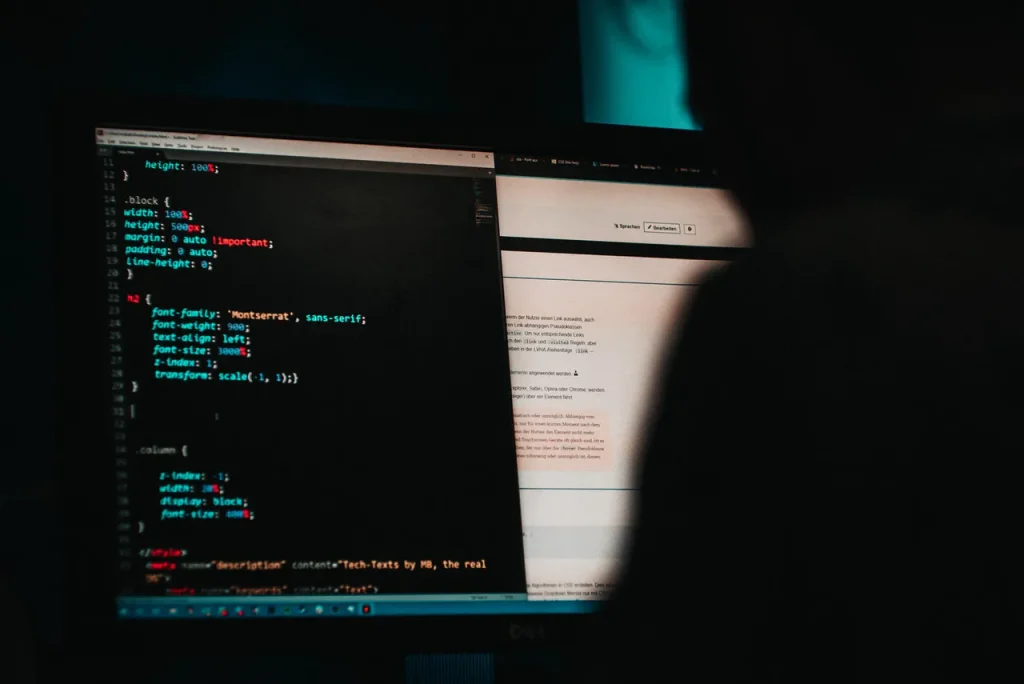In the realm of digital security, the dark web stands as both a beacon of anonymity and a fortress of encrypted communications. Its very nature is a testament to the evolving sophistication of online privacy measures, designed to shield users from prying eyes and intrusive surveillance. Central to this clandestine digital landscape is the technology of encryption, which serves as the bedrock for secure communications within these shadowy corners of the internet. Encryption on the dark web is not merely about obscuring messages; it is a complex system of cryptographic protocols that ensures the confidentiality, integrity, and authenticity of data. By converting plain text into a coded format, encryption enables users to communicate securely, even in an environment rife with potential threats. The encryption methods employed on the dark web are often more advanced than those used in conventional internet spaces, due to the heightened need for security in such an unpredictable domain.

One of the most common forms of encryption used on the dark web is end-to-end encryption E2EE. This technique guarantees that messages are encrypted on the sender’s side and only decrypted by the intended recipient, with no intermediaries having access to the decrypted content. This form of encryption is crucial in protecting sensitive information from unauthorized access, particularly in environments where privacy is paramount. Furthermore, dark web communications often leverage sophisticated encryption algorithms such as AES Advanced Encryption Standard and RSA Rivets-Shamir-Adelman. AES, with its robust 256-bit key length, is favored for its balance of security and performance, making it a popular choice for encrypting large volumes of data. RSA, on the other hand, is utilized for secure key exchange and digital signatures, providing a layer of authentication to ensure that messages are genuinely from the claimed sender.
In addition to these standard encryption techniques, the uncensored hidden wiki dark web also employs a range of anonymity tools, such as Tor the Onion Router and I2P Invisible Internet Project. Tor, by routing traffic through a series of volunteer-operated servers, masks users’ IP addresses and enhances privacy by obfuscating their online footprint. I2P, with its focus on creating a private network within the internet, offers an additional layer of encryption by encapsulating data within multiple layers of encryption before transmission. The integration of these encryption technologies on the dark web not only underscores the importance of maintaining privacy in a digital age but also highlights the ongoing battle between security and surveillance. As encryption methods continue to advance, they offer a powerful countermeasure to the ever-evolving threats posed by cyber adversaries and government agencies alike.
